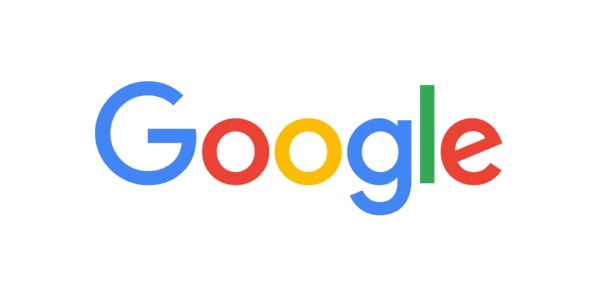Google has announced changes to search queries, match types, and negative keywords. This is a welcome reminder that Google wants advertisers and agencies to have confidence in the platform. These updates are an important step in the area of keywords and targeting within Google Ads.
Brand Exclusives and Admissions
One of the most notable changes is the introduction of brand exclusions and brand approvals. Previously, we used brand exclusions to specify which brands we did not want to display. However, with the new capability of brand approvals, we can now show ads for broad searches that are specifically related to our own brands. This marks a shift from traditional match types to a more targeted approach.
Improved negative keywords and search term aggregation
Additionally, Google has improved negative keywords by incorporating misspellings and close variants. As a result, advertisers need to add fewer negative keywords to exclude irrelevant search queries.
Google is also aggregating more search terms and blocking many keywords in reports due to privacy concerns. This leads to search themes where Google displays more data indirectly by grouping different versions of the same search term. This change is visible in the Insights tab of Performance Max.
The future of match types
The prediction is that within 24 months, match types will disappear. Google Ads will focus on search themes and brand exclusions. This will particularly help with campaigns where one does not want to appear for competitors.
For companies, this means spending less time managing negative keywords and relying more on broad match types. This can lead to more efficient targeting, especially for smaller budgets.
Concerns about transparency and control
However, there are concerns about reduced transparency and control. Especially in sectors such as pharmaceuticals and legal services, broad matching can be too general. For specific niche markets, this can lead to higher costs due to irrelevant clicks.
Advertisers need to be cautious about how broadly they set their searches. For small businesses, broad match can quickly become expensive. It is advisable to start with phrase or exact match and then add broad match as impressions increase.
A new mindset for PPC marketers
It is important to understand the change at Google. The platform is shifting from an action-driven model to a more informative exchange platform. Advertisers need to focus on audience, search behavior, and creative assets rather than just clicks and conversions.
The emphasis should be on understanding search behavior and using audience signals to reach the right target groups. This requires adaptation, but it also presents new opportunities for optimization beyond traditional campaigns.
It seems that there is no text provided for translation. Please provide the text you would like me to translate from Dutch to English.

